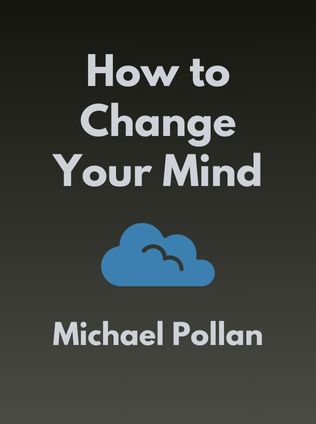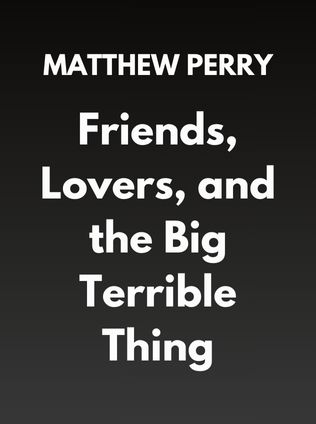
How to Change Your Mind
What the New Science of Psychedelics Teaches Us About Consciousness, Dying, Addiction, Depression, and Transcendence
By Michael Pollan
Published 05/2018
About the Author
Michael Pollan, an esteemed author, journalist, and professor of journalism at the University of California, Berkeley, has long been recognized for his profound impact on how we perceive the modern food system. His previous works, such as The Omnivore’s Dilemma and In Defense of Food, have shaped public consciousness about food and health. With How to Change Your Mind, Pollan delves into the world of psychedelics, exploring their potential to revolutionize mental health treatment and deepen our understanding of consciousness. His journey into psychedelics is not just academic; it’s deeply personal, as he experiences these substances himself to offer a firsthand account of their effects.
Main Idea
The central thesis of How to Change Your Mind is that psychedelics, long stigmatized and misunderstood, hold immense potential to heal and transform the human mind. Pollan argues that these substances—LSD and psilocybin, in particular—can help us confront and overcome mental health challenges, such as depression, addiction, and the fear of death. He traces the history of psychedelics, examines the cultural and legal forces that led to their suppression, and explores the recent resurgence in scientific interest. Pollan’s work is a call to reconsider our attitudes toward these powerful substances and to explore how they can contribute to both individual well-being and societal progress.
Table of Contents
- Part 1: The History of Psychedelics
- The Ancient Use of Psychedelics
- The Emergence of LSD and Psilocybin in Modern Western Culture
- The 1960s Psychedelic Revolution and Subsequent Prohibition
- The Revival of Psychedelic Research
- Part 2: The Science of Psychedelics
- The Psychedelic Experience
- How Psychedelics Affect the Brain
- The Therapeutic Potential of Psychedelics
- Part 3: The Social and Cultural Implications of Psychedelics
- Psychedelics and the Evolution of Human Consciousness
- The Role of Psychedelics in Modern Society
- The Future of Psychedelics in Mental Health and Beyond
Part 1: The History of Psychedelics
The Ancient Use of Psychedelics
Psychedelics have been part of human culture for millennia. Indigenous cultures across the globe have used these substances for spiritual and healing purposes. From the shamanic traditions of Mesoamerica, where psilocybin mushrooms played a crucial role, to the ancient Greeks, who may have used psychoactive brews in their religious rituals, these substances have long been revered as tools for connecting with the divine and accessing altered states of consciousness.
“Humans’ relationship with psychedelics is longer than recorded history. Indigenous cultures all over the world have developed unique relationships with natural consciousness-altering substances and have used them in healing and spiritual practices for thousands of years.” - Michael Pollan
This ancient history of psychedelics suggests that these substances have always held a special place in human society, offering experiences that are as profound as they are mysterious. These practices were often suppressed by colonial and religious forces, particularly by the Roman Catholic Church, which saw them as a threat to its authority.
Sign up for FREE and get access to 1,400+ books summaries.
You May Also Like
The Subtle Art of Not Giving a F*ck
A Counterintuitive Approach to Living a Good Life
By Mark MansonHow To Win Friends and Influence People
The All-Time Classic Manual Of People Skills
By Dale CarnegieFreakonomics
A Rogue Economist Explores the Hidden Side of Everything
By Steven D. Levitt and Stephen J. DubnerQuiet: The Power of Introverts
The Power of Introverts in a World That Can't Stop Talking
By Susan Cain



















